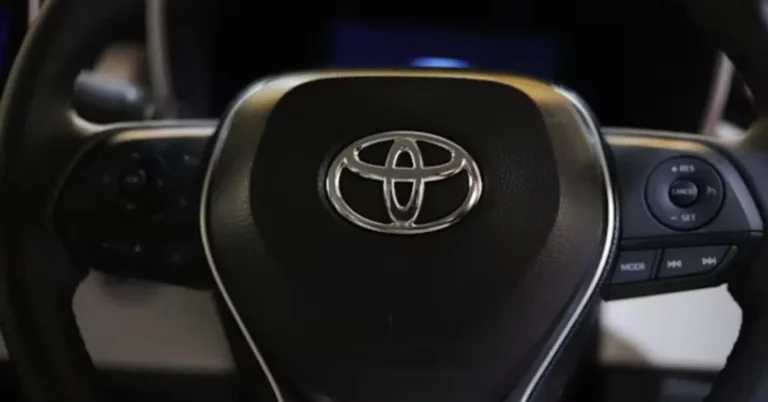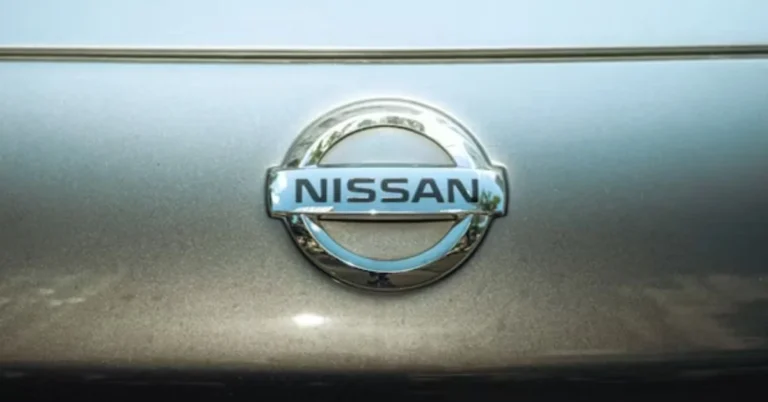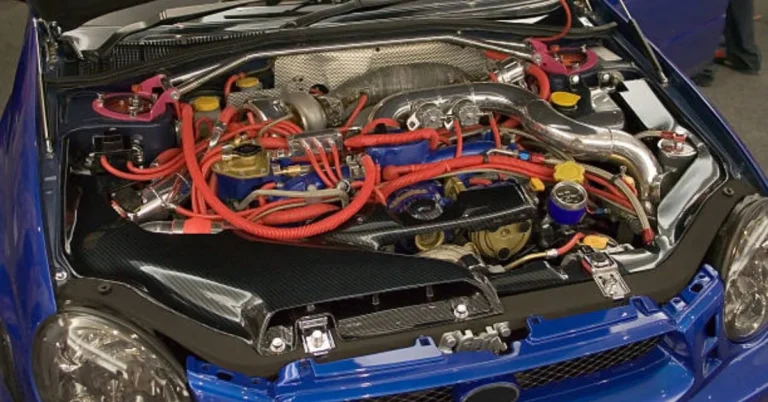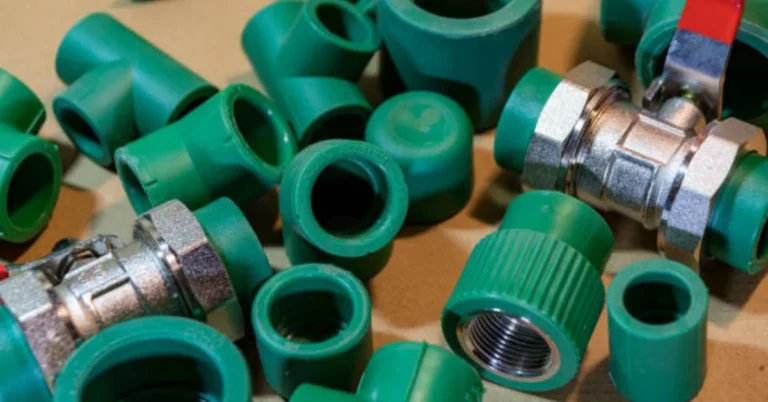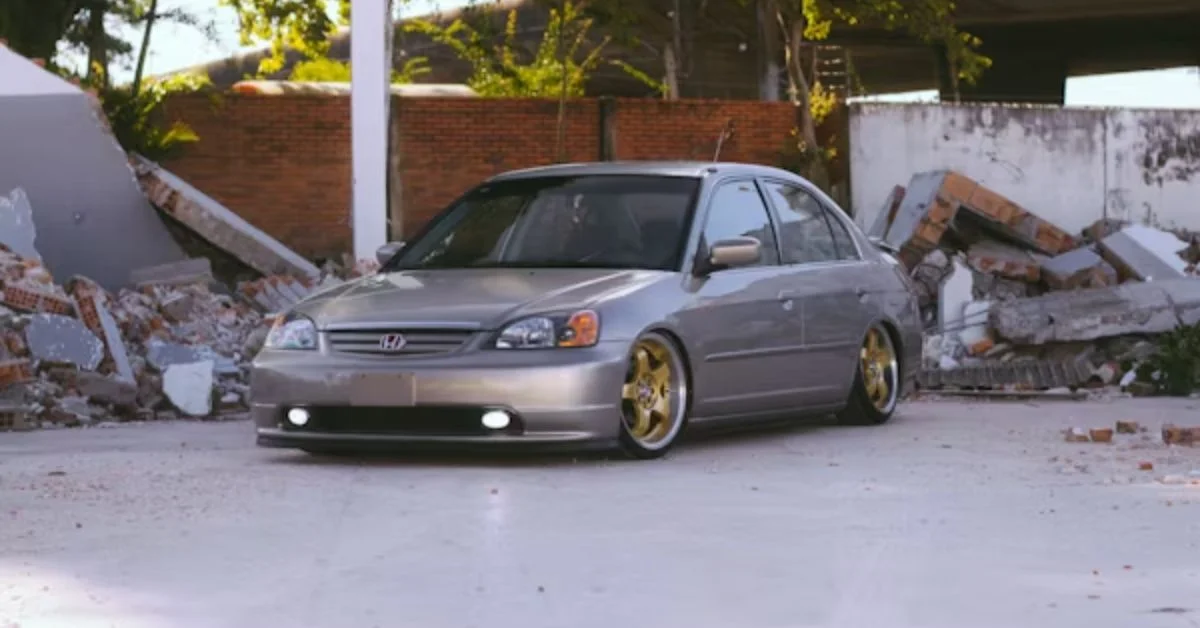
The Honda Civic is one of the most iconic and well-loved cars in the world, with a legacy spanning decades and a reputation for reliability, efficiency, and timeless design. For many buyers, purchasing a used Honda Civic is not just a cost-effective decision but also a way to own a car that has consistently proven itself across generations. Choosing a used model provides access to modern features, trusted engineering, and strong resale value, all at a fraction of the cost of a new vehicle.
This article provides a comprehensive, guide to the used Honda Civic, explaining everything from its history, features, and trim levels to benefits, drawbacks, maintenance tips, and practical buying advice. Detailed comparison tables will help illustrate key points, while long, informative paragraphs ensure clarity and depth.
History and Legacy of the Honda Civic
Since its debut in 1972, the Honda Civic has been a staple in the compact car segment. It was introduced as a fuel-efficient and practical alternative during a time of rising fuel costs, quickly gaining global popularity. Over the decades, the Civic has evolved through numerous generations, each iteration bringing improvements in technology, safety, comfort, and performance.
By the late 1990s and early 2000s, the Civic had already built a reputation as one of the most reliable vehicles on the road. Its combination of durability, fuel economy, and ease of maintenance made it particularly appealing for first-time buyers, families, and commuters alike. This legacy continues today, with the Civic still ranked highly in terms of dependability and resale value, making the used Honda Civic market both vibrant and trusted.
Why Buy a Used Honda Civic?
Affordability
One of the main reasons drivers consider a used Civic is affordability. Compared to brand-new vehicles, a used Honda Civic provides excellent value for money, allowing buyers to access features like advanced infotainment systems, safety technology, and comfortable interiors without the high price tag.
Reliability
Honda Civics are widely recognized for their long-lasting performance. With proper maintenance, many Civics easily surpass 200,000 miles, making them an excellent choice for those seeking dependable transportation.
Fuel Efficiency
Even older Civic models retain impressive fuel economy. This makes a used Civic ideal for daily commuting, long-distance travel, or those looking to save on fuel costs.
Resale Value
Unlike many vehicles that depreciate rapidly, Civics tend to hold their value well. Even after years of ownership, a Civic can be resold at a reasonable price.
Wide Availability
Because of its popularity, the used Honda Civic is widely available in the market, giving buyers a broad range of options across trims, model years, and conditions.
Generations of the Honda Civic – A Quick Overview
Understanding Civic generations helps buyers decide which model suits their needs.
| Generation | Years | Highlights |
|---|---|---|
| 6th Generation | 1996–2000 | Compact design, simple interior, reliable engines. |
| 7th Generation | 2001–2005 | More cabin space, updated styling, introduction of hybrid. |
| 8th Generation | 2006–2011 | Sporty design, improved ride quality, modern features. |
| 9th Generation | 2012–2015 | Enhanced safety, efficient engines, refined styling. |
| 10th Generation | 2016–2021 | Turbocharged engines, advanced tech, sleek body design. |
| 11th Generation | 2022–Present | Upscale interior, advanced safety, refined performance. |
For buyers, most used Civics from the 8th to 10th generations represent a sweet spot, offering modern features at competitive prices.
Trim Levels in the Used Honda Civic
The Civic has always offered multiple trims, catering to different buyer needs:
| Trim | Description |
|---|---|
| LX | Base trim with essential features and good affordability. |
| EX | Adds comfort, better audio, and convenience features. |
| Sport | Focuses on design and handling improvements. |
| Si | Performance-oriented with sport-tuned suspension and stronger engines. |
| Touring | Top-of-the-line with luxury touches and advanced tech. |
| Hybrid (certain years) | Prioritizes fuel economy with hybrid technology. |
When buying used, the right trim depends on whether you value affordability, technology, or performance.
Advantages of Owning a Used Honda Civic
- Durability: Known for lasting hundreds of thousands of miles with routine care.
- Low Maintenance Costs: Parts are widely available and affordable.
- Comfort: Spacious interiors compared to many compact competitors.
- Driving Experience: Smooth ride and responsive steering make it enjoyable.
- Technology: Even older models often include features like Bluetooth, cruise control, and touchscreen displays.
Potential Drawbacks
While the Civic has many strengths, buyers should also consider a few potential issues:
- Older Models May Lack Modern Features: Some trims may not have advanced safety systems found in newer cars.
- Price Premium: Because Civics hold value well, used models can cost more than other brands of similar age.
- Performance Variability: Base trims focus more on economy than power, so enthusiasts may prefer Si or Sport trims.
Maintenance and Care for a Used Honda Civic
To ensure a Civic lasts long, proper care is essential:
Routine Maintenance
- Oil Changes: Every 5,000–7,000 miles depending on driving habits.
- Brake Inspections: Check pads, rotors, and fluid regularly.
- Tire Care: Rotate tires every 6,000 miles and maintain pressure.
- Fluid Checks: Transmission, coolant, and brake fluids should be monitored.
Long-Term Care
- Timing Belt (older models): Replace every 60,000–100,000 miles.
- Spark Plugs: Change every 30,000–60,000 miles.
- Battery and Alternator: Inspect for wear in vehicles over 5 years old.
A well-maintained Civic is likely to provide years of reliable service.
Buying Tips for a Used Honda Civic
- Check Vehicle History: Review Carfax or similar reports for accidents and maintenance.
- Mileage Considerations: Civics with higher miles can still be reliable, but check condition carefully.
- Inspect for Rust: Especially in older models, rust can reduce longevity.
- Test Drive Thoroughly: Ensure smooth handling, quiet cabin, and proper braking.
- Look for Recalls: Verify recall-related services have been completed.
Comparison – Honda Civic vs Competitors
| Aspect | Honda Civic | Toyota Corolla | Mazda 3 |
|---|---|---|---|
| Reliability | Excellent | Excellent | Very Good |
| Fuel Economy | High | High | Moderate |
| Interior Space | Spacious | Average | Sporty but compact |
| Driving Feel | Balanced | Conservative | Sporty |
| Resale Value | High | High | Moderate |
While Toyota Corolla is its closest competitor in reliability, the Civic offers a sportier feel and better design flexibility.
Budgeting for a Used Honda Civic
Used Honda Civics vary widely in price depending on age, mileage, trim, and condition.
| Model Year | Estimated Price Range |
|---|---|
| 2006–2011 | $4,000 – $8,000 |
| 2012–2015 | $7,000 – $12,000 |
| 2016–2019 | $12,000 – $18,000 |
| 2020–2021 | $18,000 – $24,000 |
These ranges demonstrate why Civics are popular in the secondhand market; buyers can find options suited to most budgets.
Environmental and Fuel Efficiency Benefits
Another compelling reason to choose a used Honda Civic is its environmentally friendly profile. Even older Civics deliver good gas mileage, and later models feature eco-driving modes to minimize emissions. For eco-conscious drivers, hybrid variants provide an extra layer of efficiency.
Conclusion
The used Honda Civic stands as one of the smartest choices in the pre-owned car market. It balances affordability, reliability, fuel efficiency, and comfort, all wrapped in a timeless design that continues to appeal to drivers worldwide. Whether you are a first-time buyer seeking dependable transport, a commuter looking for fuel economy, or a family needing a safe and spacious ride, the used Honda Civic offers unmatched value. With careful selection and proper maintenance, it becomes not just a car, but a long-term companion on the road.
Frequently Asked Questions (FAQs)
1. Is a used Honda Civic reliable?
Yes, Civics are among the most reliable vehicles on the market, often lasting over 200,000 miles with proper care.
2. What is the best year to buy a used Honda Civic?
Models from the 8th to 10th generations (2006–2021) provide modern features, strong safety, and excellent reliability.
3. How much does a used Honda Civic usually cost?
Depending on year and condition, prices range from $4,000 for older models to $24,000 for nearly new ones.
4. Do Civics hold their resale value well?
Yes, Civics are known for strong resale value, often retaining more worth than competitors in the compact car segment.
5. Is a used Civic good for beginners?
Absolutely. It’s affordable, easy to drive, fuel-efficient, and safe, making it an ideal car for new drivers.
For more information, click here.

